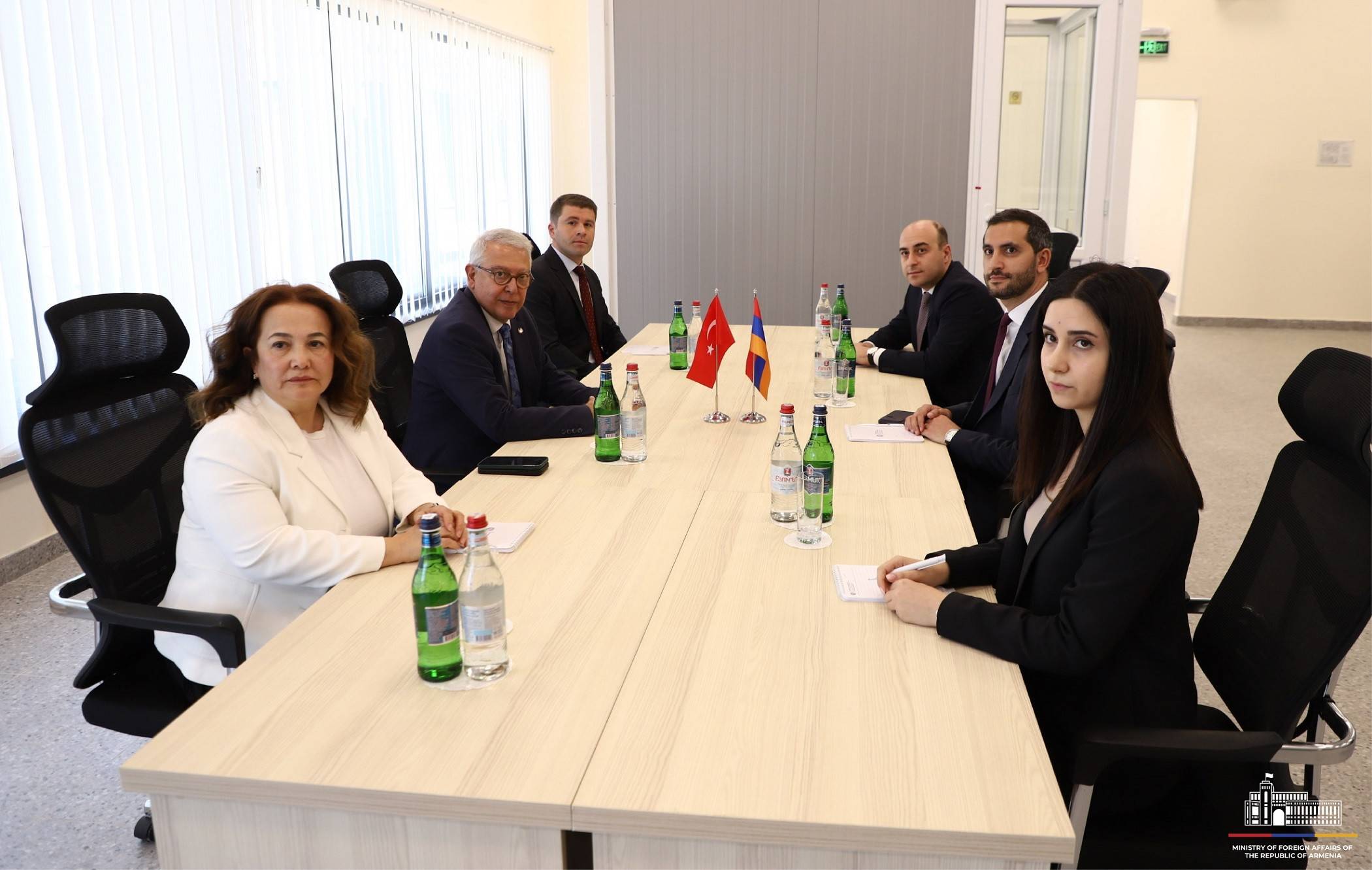

YEREVAN—On July 30, the special representatives overseeing the settlement process between Armenia and Turkey, Deputy Speaker of the Armenian National Assembly Ruben Rubinyan and Ambassador Serdar Kilic, convened for their fifth meeting. The session took place at the Margara-Alijan border crossing point between the two nations.
During the meeting, the representatives reaffirmed the agreements established in their previous discussions. They also addressed technical requirements related to recent regional developments, specifically focusing on making the Akhurik/Akyaka railway border crossing operational. Additionally, they agreed to streamline visa procedures for holders of diplomatic and official passports.
The representatives underscored their commitment to advancing the settlement process without preconditions, with the ultimate goal of achieving comprehensive normalization between Armenia and Turkey.
This meeting follows their last encounter in late February 2024, which took place during a diplomatic forum in Antalya. At that time, both sides agreed to schedule another round of negotiations, although there was a subsequent delay.
Initially planned for July 3, the meeting was postponed by the Turkish side. The latest talks were held in a dual format, with representatives meeting first on the Armenian side in the morning and then on the Turkish side in the afternoon.
Stanislav Tarasov, an expert on the region, commented on the current state of negotiations. He highlighted that since the appointment of special representatives by Yerevan and Ankara in December 2021, progress has been slow. An agreement reached in July 2022 in Vienna aimed to facilitate border crossings and direct air cargo transportation between Armenia and Turkey, but its implementation has been delayed. Although Ankara lifted the ban on direct cargo air transportation in January 2023 and the two parties agreed in March 2023 to open the border for third-country citizens and diplomatic passport holders, these measures have yet to be enacted.
Tarasov noted that the staged format of the current meetings reflects the ongoing challenges in the negotiation process. He observed that, despite statements from both sides about their readiness to resolve issues without preconditions, the settlement scenario remains as it was in 1993, when Turkey closed the border in support of Azerbaijan during the first Artsakh war. According to Tarasov, Turkey’s position is that normalization with Armenia is contingent upon the resolution of relations between Armenia and Azerbaijan.
In an interview with ABC Media, Turkologist Tiran Lokmagozyan commented on the latest meeting, stating, “As with the previous four meetings, no significant decisions will emerge from this session.”
“The primary objective of these meetings has been to expedite decisions on Armenian-Azerbaijani relations without involving other nations,” Lokmagozyan explained.
Lokmagozyan noted that the agreement to open the Armenian-Turkish border to citizens of third countries has not yet been implemented. He pointed out that Azerbaijanis are the primary beneficiaries of this potential opening. Turkey has insisted on additional security guarantees for Azerbaijani citizens, which has stalled the process.
When questioned about the purpose of continuing these meetings if they do not resolve any issues, Lokmagozyan suggested that the meetings are intended to maintain the momentum of the negotiation process, even if substantive progress remains elusive.
In an interview with the Weekly, Kristine Vardanyan, MP of the “Hayastan” faction of the Armenian National Assembly, offered a critical assessment of the latest meeting between Armenian and Turkish special representatives. Vardanyan characterized the meeting as largely ineffective and indicative of Turkey’s ongoing strategy to coerce further concessions from Armenia.
Vardanyan’s critique follows a recent provocative statement by Turkish President Recep Tayyip Erdogan. He suggested that Turkey could one day intervene in Israel, similar to its past actions in Nagorno-Karabakh and Libya. Erdogan made these comments during an interview broadcast on Halk TV on July 29.
“Just as we entered Karabakh and Libya, we may also take steps regarding Israel. Nothing is impossible; we must be strong enough to undertake such actions,” Erdogan said. His remarks have sparked significant discussion, reflecting Turkey’s aggressive stance in regional geopolitics.
It is noteworthy that in response to Erdogan’s remarks, Azerbaijan issued a statement denying any foreign military involvement in its territorial disputes. The statement claimed that Turkey’s support for Azerbaijan in the war was purely political.
According to Vardanyan, Erdogan’s statement underscores the lack of genuine reconciliation efforts from Turkey, which she argues is engaged in a process of extracting additional concessions from Armenia.
She highlighted that despite ongoing Armenian-Turkish dialogue over the past three years, tangible results remain elusive. Turkey has not only kept its border with Armenia closed but has also failed to implement agreements concerning the entry of third-country citizens. Moreover, she noted that Turkey’s recent closure of its airspace to Armenian planes contradicts its earlier claims of supporting the unblocking of regional communications.
Vardanyan criticized the Armenian government’s approach, stating, “The de facto government has been reduced to issuing conciliatory statements, while Turkey continues to support Azerbaijan’s aggressive policies.”
“In contrast, the Turkish strategy involves leveraging threats to secure concessions, turning each negotiation into a cycle of promises from Armenia followed by new demands from Turkey,” she continued.
Meanwhile, official Yerevan has yet to make a decision regarding its participation in the upcoming “3+3” foreign ministers’ meeting scheduled to be held in Turkey. This information was revealed in a letter from the Armenian Ministry of Foreign Affairs in response to a written inquiry from Sputnik Armenia.
Earlier, Mehdi Sobhani, Ambassador Extraordinary and Plenipotentiary of the Islamic Republic of Iran to Armenia, announced that the next session of the “3+3” regional platform is set to take place in Turkey in the near future.
The Armenian Foreign Ministry stated, “If there is a clear agreement regarding Armenia’s participation in the third meeting of the regional platform in the ‘3+3’ format, the public will be informed in due course.”
The “3+3” format includes the foreign ministers of Armenia, Russia, Iran, Azerbaijan and Turkey. Georgia continues to decline participation in this platform.
The inaugural session of the “3+3” format was held in December 2021 in Moscow, attended by deputy foreign ministers from the five participating countries. The second session occurred in October 2023 in Iran.




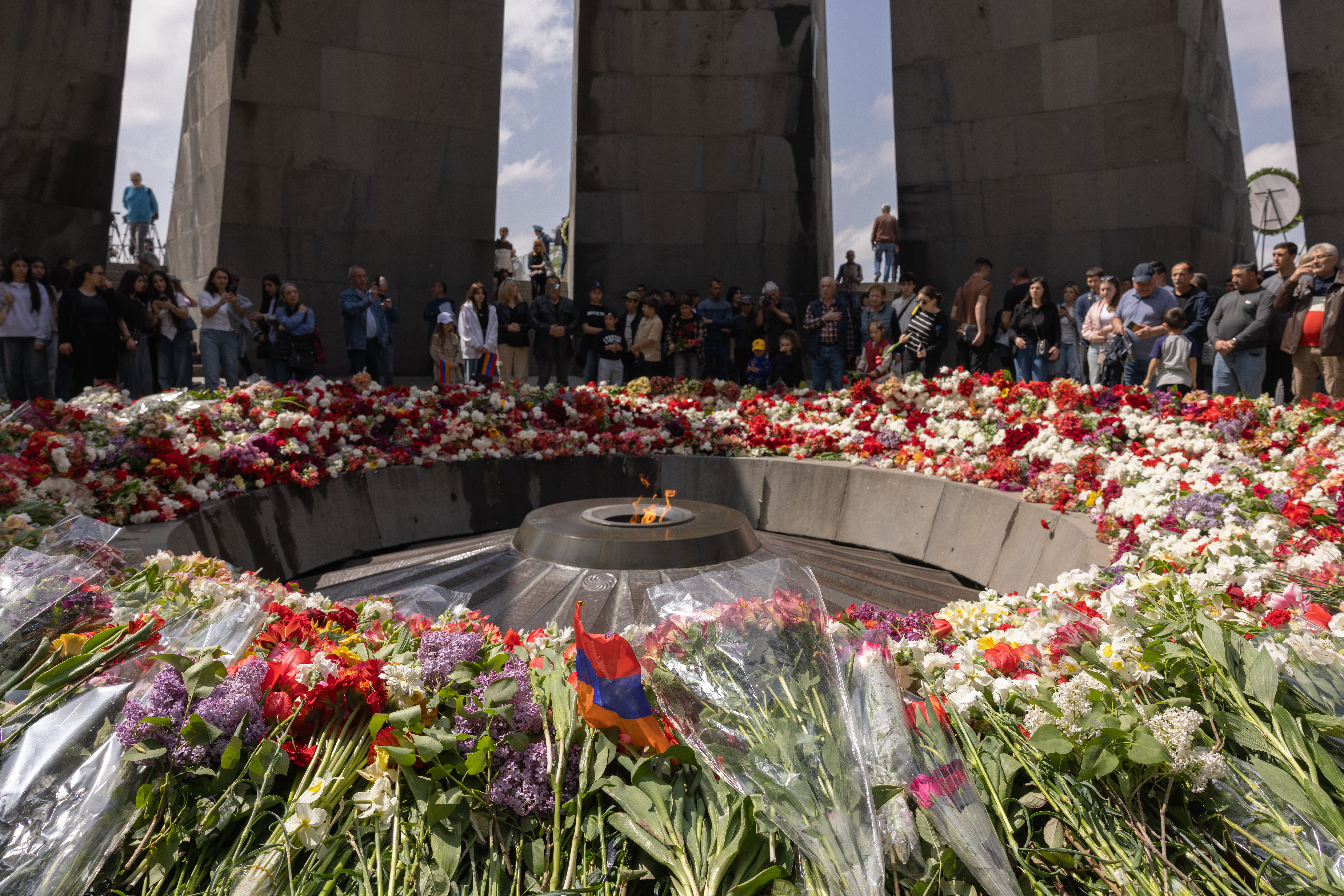

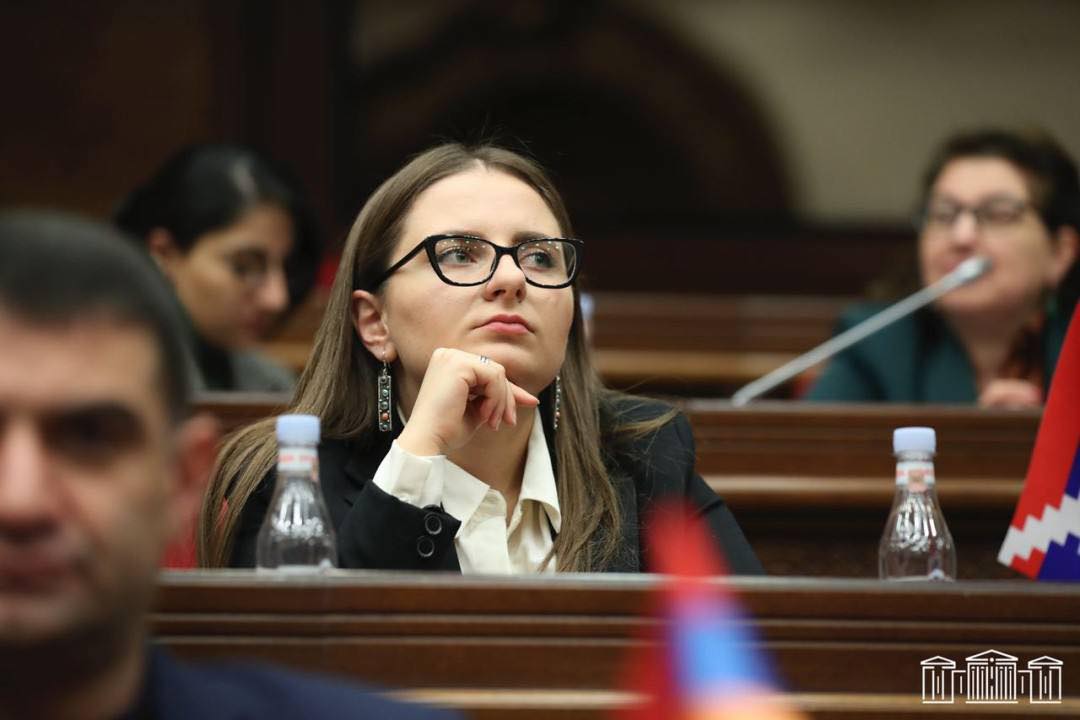
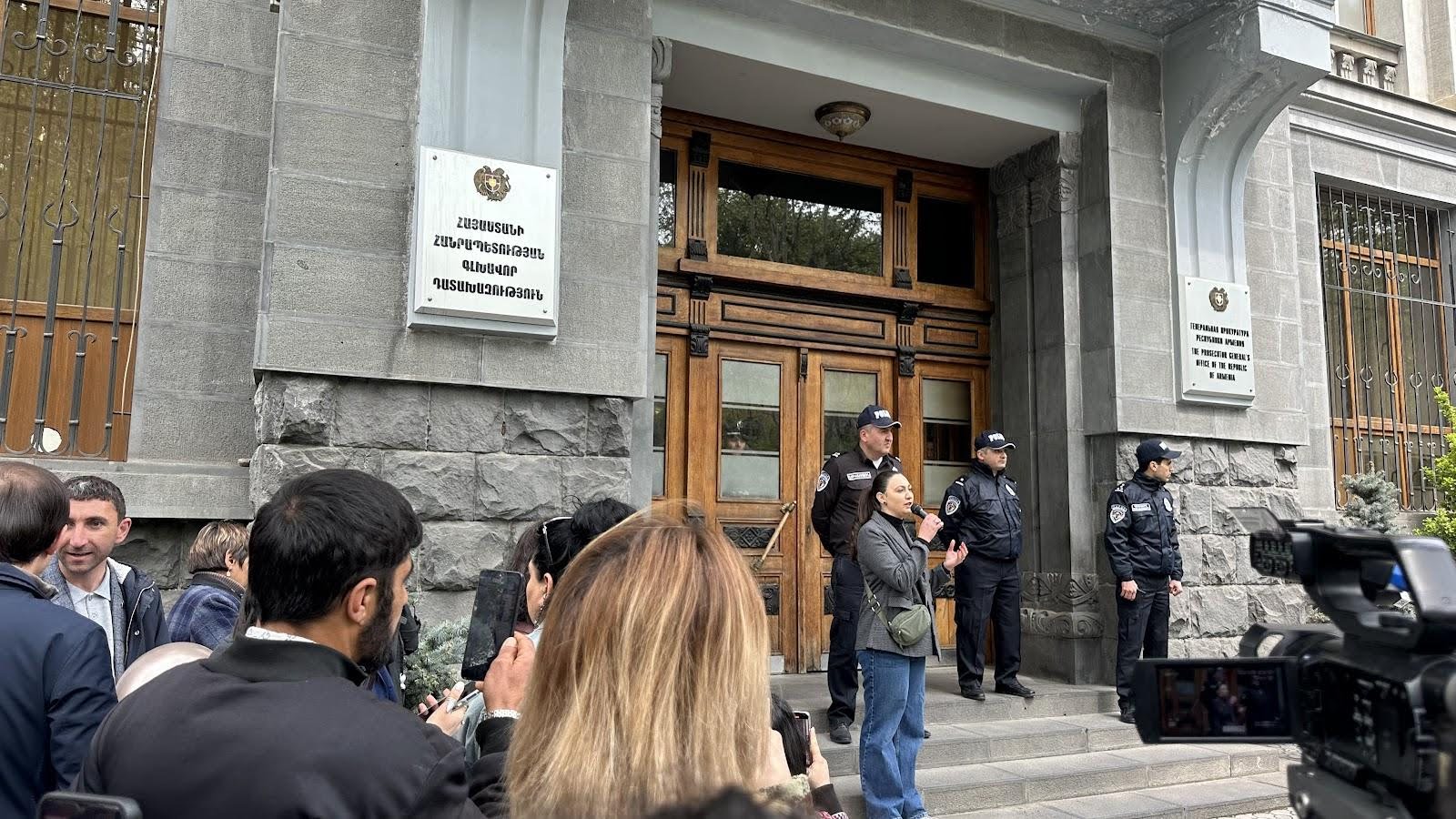
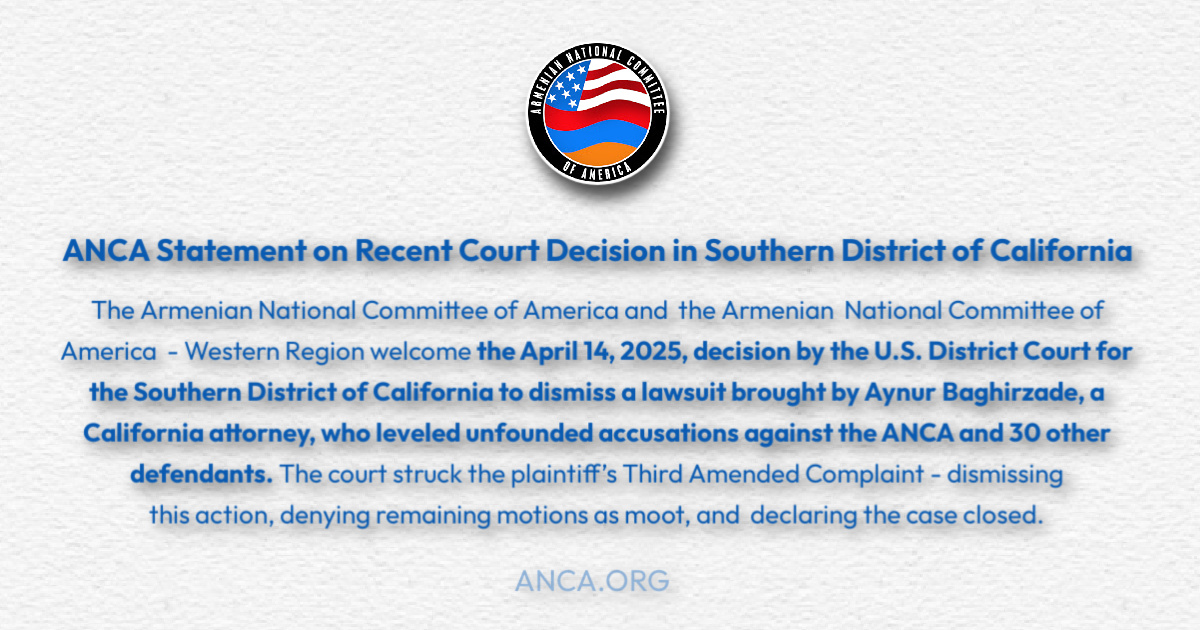
No one looks happy at the meeting
Lying Charlie, enjoying the fruits of your labor, telling Armenians to get rid of Russia all this time, with the only logical conclusion of Armenians kowtowing to turks.
Are you happy now lying, destructive Charlie?
Since Armenia is the disadvantaged party – the “underdog”, the potential border openings, the potential economic agreements and any other agreement, will benefit its adversaries with their much larger economies and resources by default. Especially with these two expansionist Turkic archenemies, Armenia risks becoming their neocolony, their puppet state, exploited by them to the fullest. The only benefiters in Armenia would be of course Nikol Pashinyan, his cronies, oligarchs and middlemen (who not be Armenian, but Azeris and Turks), but certainly not the population of Armenia. If the economic and political dependency on Russia was considered bad and criticized often, this is a much worse prospect.
It’s alright Yakub Russia gets on quite well with Turkey who isn’t on the best of terms with western countries nowadays actually
It’s alright lying Charlie, Turkey is NATO, and NATO greenlit the invasion of Artsakh
Lying Charlie, giving half truths in a cynical way
Correct. Just like how NATO also greenlighted the the Turkish invasions of Cyprus, Iraq and Syria. I’m afraid Sir Charlie is not an effective propagandist for London…
Yakub, more like Baku got the nod from Moscow in 2020
Lying Charlie at it again
Turkey just bragged that they were the ones who captured Artsakh… Turkey is part of NATO
Lying Charlie, you are despicable with your blatant lying
Anyone believing Charlie the turk troll, is dumb…
Turkey claims that it will intervene in Gaza is that something that NATO HQ Brussels is going to endose?
Charlie playing around with past and future tenses
Turkish forces captured Artsakh, and Azeris usrd Turkish Bayrakdars
How obvious you are Charlie, covering for Turkey
Charlie, the Turkish troll, always putting a cover on Turkish brutality
Interestingly, there was a rebuttal and even backlash from the Azerbaijani Defense Ministry (in other words, indirectly expressing Aliyev’s view, who obviously sent the message) against Erdogan’s statement, that Turkish troops were present during the Second Artsakh War and that they took Artsakh.
Even if Turkish troops were not physically present on the ground during the war, Turkey sent thousands of Syrian Islamist mercenaries to the frontline to be used as cannon fodder in order to test the frontline, detect Armenian positions, minefields and military hardware. Hundreds of them were killed in the process, when they were used as cannon fodder at the front lines, in order to keep Azerbaijani troops out of harms way and make the fighting much more advantageous for them.
Of course Azerbaijan and Turkey denied the use of Syrian mercenaries. This only became known after the war, when some of these Syrian mercenaries, who survived the war, acknowledged this incognito, out of fear of reprisals by Azerbaijan and Turkey.
That Turkey sent military advisors and military aid to Azerbaijan since 1994, after Azerbaijan lost the First Artsakh War, was not an open secret; it was frequently splashed across the media by them since then.
Aliyev and other Azerbaijani politicians thanked Turkey many times for providing military aid (alongside Israel) after the war. Why did Aliyev feel the need to rebut Erdogan’s boast that Turkey took Artsakh? Because he felt slighted about this, that Azerbaijan didn’t take Artsakh all on its own, which is true, because without its petrodollars and military aid from Turkey and Israel, Azerbaijan would not have been able to win the war and take Artsakh.
Turkey no doubt assisted Azerbaijan who doesn’t want to appear beholden. With the falling out between Turkey and Israel, Azerbaijan will be put in an interesting position..
I wonder what is it that they are still discussing? For the tenth time… This lengthy process is becoming a bit strange, don’t you think? We were told the reason for border closure in 93 was Artsakh war. But it might not have been the real reason.
Türkiye is your enemy, why do you want to open the border to Türkiye so much?
Neco
Turkey is not at all interested in opening the border with Armenia, nor is Azerbaijan, even though their excuse for closing their borders with Armenia because of Artsakh, no longer exists. (The opening of borders, will have no benefits whatsoever for Armenia itself, but the opposite, because its markets would be flooded with Turkish and Azerbaijani goods and marketed by Azerbaijani and Turkish middlemen.) Turkey and Azerbaijan are only interested in connecting the Azerbaijani exclave of Nakhichevan, which borders Turkey, with Azerbaijan proper, at the expense of Armenia’s territory, which has long been the pan-Turkic dream and aim of both countries, as you must know. Pashinyan is negotiating from a position of weakness, as you must also know. Whether he will cave in and cede Armenian territory for a land corridor for Azerbaijan, is entirely plausible.
@Steve
Armenians must embrace Turkish brpthers
Nothing good comes from Russian kartoshkas and Soviet junk =))))
I move from beautiful Istanbul to Erivan, and make so much money introducing turkish politicians to amazing Nikol Civil Contract
Now my wife in Toronto has new BMW
Dont be Adana fellah, be smart Bolsahye, embrace brotherly Turk
What happened, you forgot to mention your BMW! Was it repossessed?
When are you moving to Canada to be with your imaginary wife?
You are not an Armenian of course but any Armenian who calls Turks “brothers” should be given 2 years mandatory in the slammer!
Sevan Peter B
Read my comment at the top. The views I expressed, is what the vast majority of Armenians in Armenia feel about the potential border opening with Turkey and Azerbaijan, among many other things involving those two countries. It is bound to be one-sided and disadvantageous for Armenia. No doubt about that. Only the view of Armenians in Armenia on this crucial topic matters, since it is their country which is at stake, and not the view of outsiders, including sycophantic apologist Istanbul Armenians like yourself.
Hayastancis have no idea whats coming and might not even care. Most if them want to run to Glendale anyway. I wish i could be more positive but i cant. They dont care about the loss/give away of artsakh it seems and may not care about siunik either. Pashoglu is living it up and will eventually move to his mansion in france to be neighbors with the soon to be ex ukrainian president